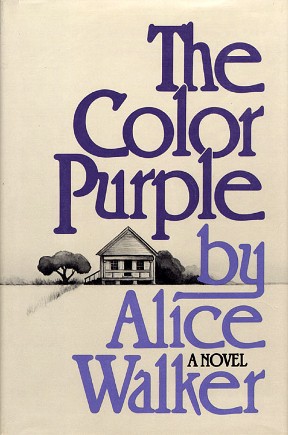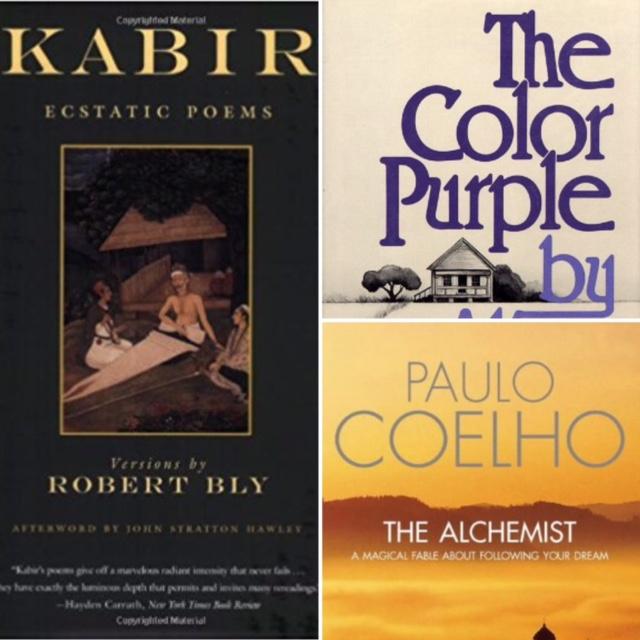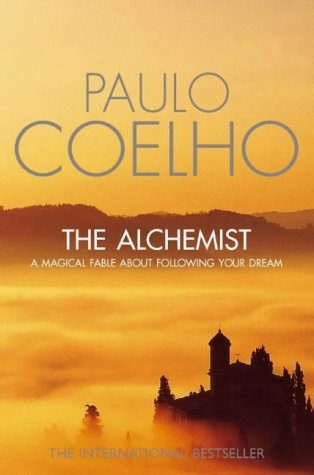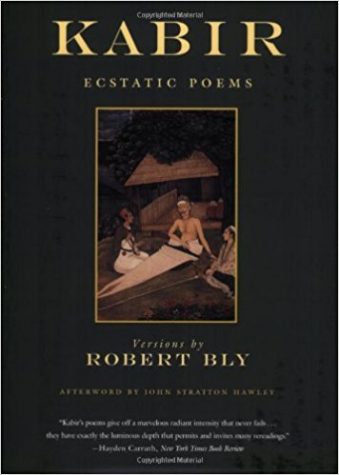Spirituality is a broad and ambiguous term used to describe the belief in an ultimate power. Though its form is personal among each individual, it serves as a reminder to live an interconnected, self-reflective life. Below are a few of the many novels that have touched on the vastness of spirituality and its influence on transformation of self.

Alice Walker’s “The Color Purple”
Celie, a young, uneducated African-American girl living in Georgia in early 20th century, is physically and sexually abused by her father. Her story is told through a series of letters addressed to God and her sister whom she is separated from.
When Celie is thrown into a loveless marriage, she begins to question her faith in God until she meets her husband’s self-assured mistress. Blues singer Shug Avery forces Celie to re-evaluate her self-worth and sexuality, but most importantly renews Celie’s belief in God. Instead of envisioning God as the typical figure the church asserts, she introduces to Celie the idea that God takes an infinite amount of forms.
Celie’s letters from that point is a progression in her personal development as she begins to search for manifestations of God in everything. The Color Purple is an inspirational novel that addresses the power in opening oneself to a personalized belief in God and seeking out the simple beauties in life.
Paolo Coelho’s “The Alchemist”
The Alchemist is one among many of the spiritually oriented novels that Coelho has written. Santiago is a young Spanish shepherd who dreams of hidden treasure and is encouraged by a king that he stumbles upon to pursue his personal legend” or destiny. The boy’s dream takes him to Africa, where he must endure a long and often times treacherous journey in order to discover the location of his treasure.
Throughout his sojourn in Africa, Santiago learns a multitude of lessons from his mentors and experiences believing a higher power is responsible for creating his destiny. While Santiago believes in a God, he learns that trusting in his intuition and following his heart is the highest and most individualistic form of faith. Coelho exemplifies in this novel that to be spiritual is to trust not only in an ultimate power, but moreover in one’s own self.
Robert Bly’s “Translation of Kabir”
Kabir is a collection of poetry written by a mystic Indian poet who challenged strict religious beliefs upheld by Islam and Hinduism. As a former Muslim, he converted to a sect of Hinduism called “Bhakti,” which was a movement that focuses on the idea of a personal God and a spiritually paved destiny. A strong theme in Kabir’s poetry is listening to one’s instincts rather than turning to the mosque or temple for answers. He emphasizes the notion that Godliness, or a divine power exists inside each individual and in order to connect with that one must establish emotional relationships with oneself and those around him.
These literary works are useful for navigating the abstract concepts of spirituality and showing that belief in a higher power is not a black and white system.
Anisha Brady can be reached at [email protected] or @theorion_arts on Twitter.












TIFFANY // Mar 29, 2017 at 7:56 am
The author of this article states that spirituality is the belief of an ultimate power, but that is incorrect. There are plenty of people who consider themselves a spiritualist, or spiritual, who dont believe in an ultimate power. It is a rash mistake to assume that they do.
Anisha // Apr 2, 2017 at 9:36 am
You’re right, spirituality is an individualistic belief, which was stated right below that. Would you have a better definition since it is such a subjective term?